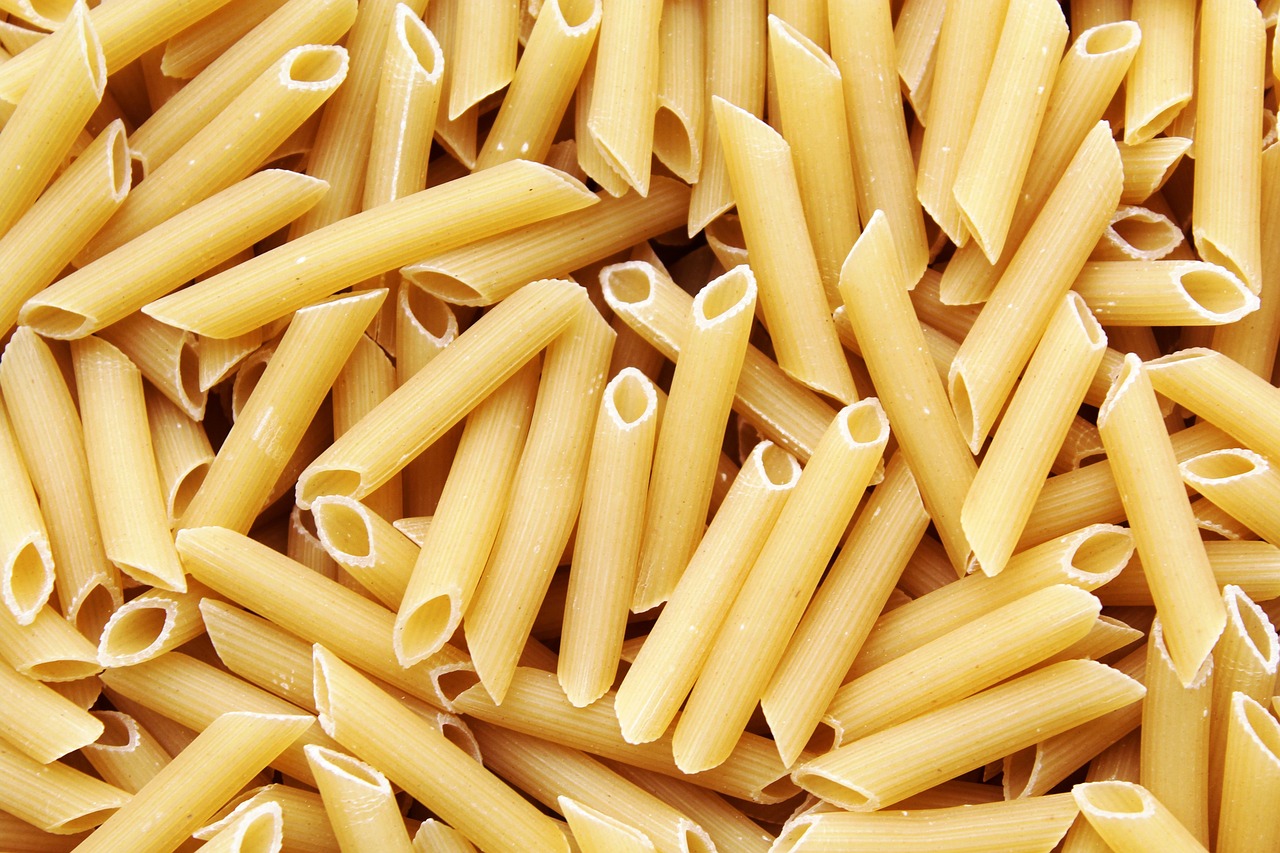“`html
In recent years, dietary fiber has emerged as a superstar in the world of nutrition, gaining increasing attention for its crucial role in promoting overall health. Often overlooked, this complex carbohydrate is essential for digestive health, weight management, and numerous other bodily functions. If you want to enhance your diet and understand why fiber is so important, this detailed exploration of dietary fiber will provide you with the knowledge and practical tips you need.
What is Dietary Fiber?
Dietary fiber, often referred to as roughage or bulk, is a type of carbohydrate that the body cannot digest. Unlike other carbohydrates that are broken down into sugar molecules, fiber passes through the body undigested, playing a vital role in maintaining digestive health.
Types of Dietary Fiber
- Soluble Fiber: This type dissolves in water, forming a gel-like substance in the digestive system. It helps to lower blood cholesterol and glucose levels. Common sources include:
- Oats
- Beans
- Apples
- Citrus fruits
- Insoluble Fiber: This type does not dissolve in water and helps add bulk to the stool, promoting regularity. It is found in:
- Whole grains
- Nuts and seeds
- Vegetables, particularly the skins
Benefits of Dietary Fiber
Incorporating adequate fiber into your diet can lead to numerous health benefits. Here are the key advantages:
- Improved Digestive Health: Fiber promotes regular bowel movements and prevents constipation.
- Weight Management: High-fiber foods tend to be more filling, which can help control appetite and aid in weight loss.
- Lower Blood Sugar Levels: Fiber, particularly soluble fiber, can help stabilize blood sugar levels by slowing digestion.
- Heart Health: A high-fiber diet can lower cholesterol levels, reducing the risk of heart disease.
In fact, according to the Institute of Medicine, men should aim for about 38 grams of fiber per day, while women should target around 25 grams.
How Much Fiber Do You Need?
While fiber is beneficial, the amount needed can vary based on age, sex, and overall health. Here’s a quick guide:
- Men aged 19-50: 38 grams
- Women aged 19-50: 25 grams
- Men aged 51 and older: 30 grams
- Women aged 51 and older: 21 grams
To meet these recommendations, consider the following tips on increasing dietary fiber intake:
- Opt for whole-grain products instead of refined grains.
- Add beans to salads, soups, and entrees.
- Snack on fruits, vegetables, and nuts instead of processed snacks.
Tips for Increasing Fiber Intake
If you’re looking to boost your fiber consumption, here are some practical strategies:
- Start Slowly: Gradually increase fiber intake to prevent digestive discomfort.
- Read Labels: Look for food products with high fiber content; aim for 3 grams or more per serving.
- Include Fibrous Ingredients: Incorporate vegetables into your meals and choose fruit over juice.
- Add Chia Seeds or Flaxseeds: These can easily be added to smoothies, yogurt, or baking recipes.
Common Myths about Dietary Fiber
Despite its many benefits, there are several misconceptions about dietary fiber. Here are a few common myths debunked:
- Myth 1: All fiber is created equal.
Fact: Soluble and insoluble fibers offer different health benefits, so a variety of sources is important. - Myth 2: You can only get enough fiber from whole foods.
Fact: While whole foods are ideal, fiber supplements can also contribute to your daily intake. - Myth 3: High-fiber diets are only for those with digestive issues.
Fact: Everyone benefits from dietary fiber, regardless of digestive health.
Conclusion
Dietary fiber is a cornerstone of a balanced diet, providing numerous health benefits that contribute to overall well-being. By understanding what fiber is, the types available, and how much you need, you can take actionable steps to incorporate more fiber-rich foods into your meals. Embrace high-fiber fruits, vegetables, whole grains, and legumes to optimize your diet. Remember, small, consistent changes can lead to significant health improvements, reinforcing the extraordinary role dietary fiber plays in our lives.
“`






